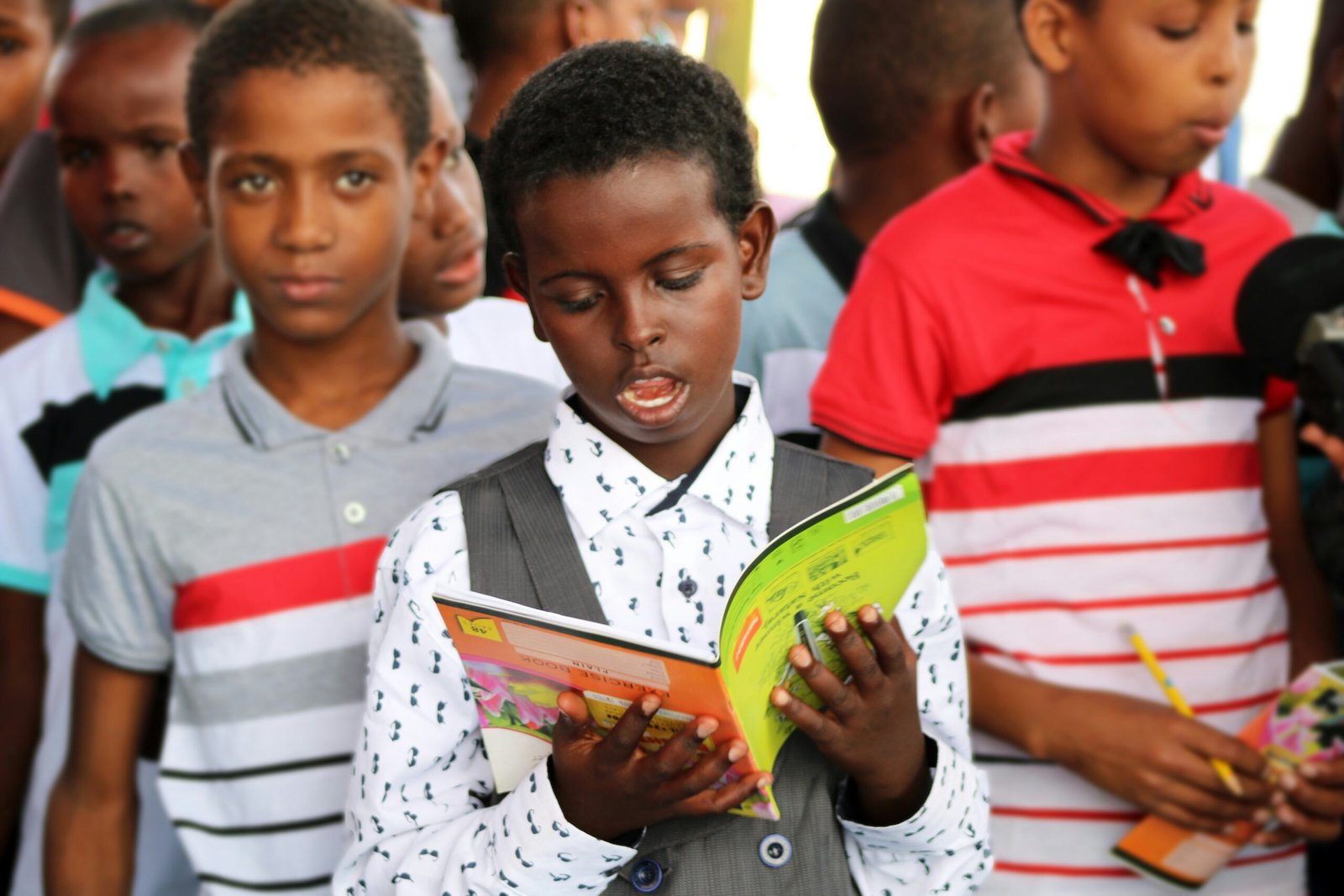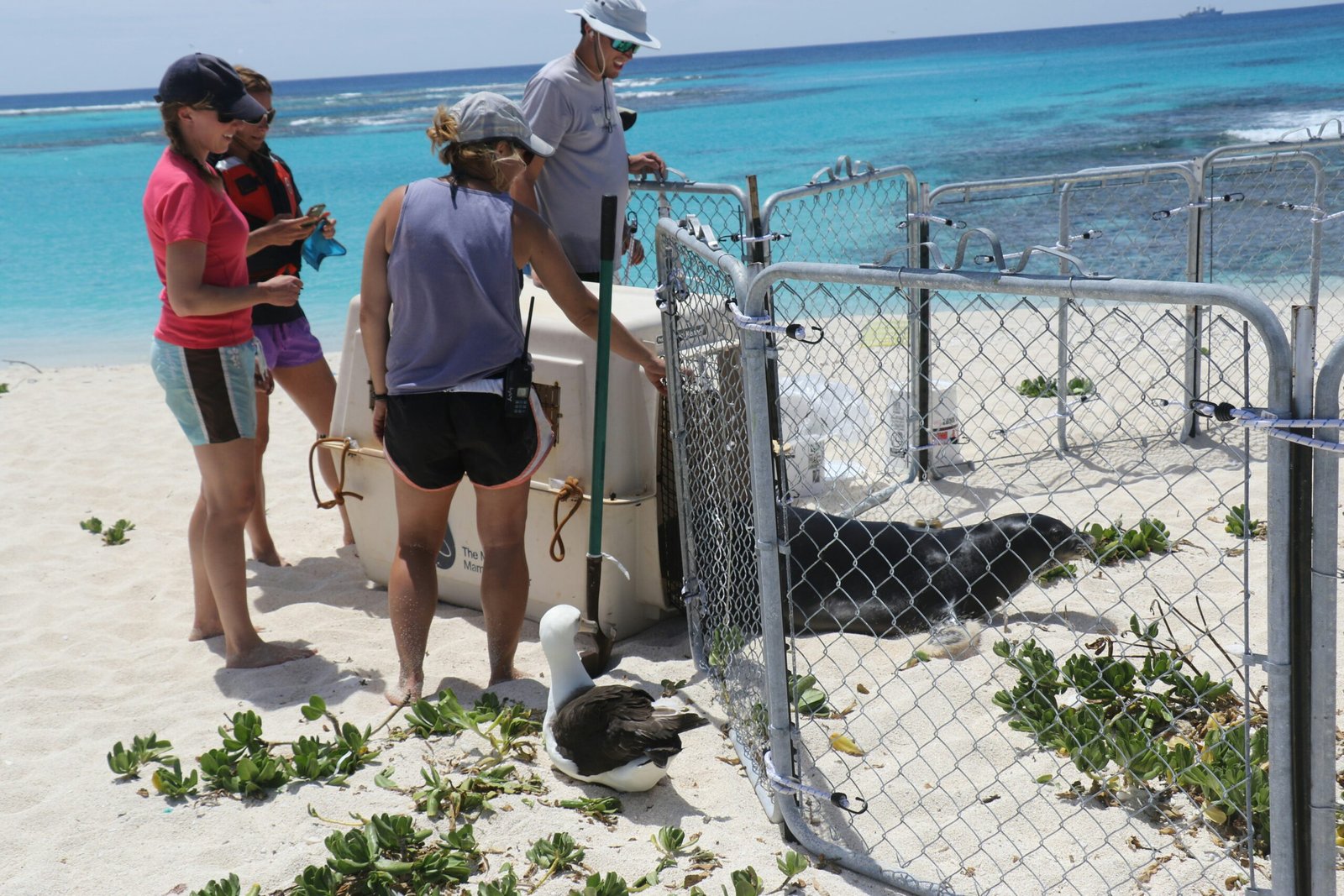Understanding Child Alters
Child alters, within the context of Dissociative Identity Disorder (DID), refer to distinct identities or personalities that represent younger, often vulnerable aspects of the self. These alters typically embody the emotional, psychological, and behavioral characteristics of a child at various developmental stages. This manifestation occurs as a coping mechanism in response to severe trauma or adverse experiences during childhood, allowing individuals to dissociate from painful memories while retaining these fragmented identities.
Child alters are significant as they often hold onto childhood memories, emotions, and coping strategies, which can shape the overall functionality of the individual with DID. The child alter may display behaviors associated with specific ages, such as speech patterns, interests, or even emotional responses reflective of a child’s worldview. It is crucial to understand that these alters are not merely remnants of the past; they play an active role in the present, impacting how the individual navigates their daily life, relationships, and even therapeutic engagement.
Moreover, child alters serve a protective role during traumatic experiences. For many individuals with DID, these younger selves emerge in response to overwhelming emotions or situations that evoke past traumas. By compartmentalizing these experiences, the child alters provide a buffer against emotional distress, enabling the individual to function despite their fragmented identity. This protective mechanism plays a vital role in the healing process, as it allows for the gradual integration of experiences and memories in a safe environment, often facilitated by therapeutic practices. Understanding child alters is essential for those supporting individuals with DID, as it fosters empathy and provides clarity on the complexities of this disorder.
The Importance of Helping Child Alters Grow
In individuals with Dissociative Identity Disorder (DID), child alters represent aspects of the self that embody the experiences and emotions of childhood. Supporting the growth of these child alters is fundamentally important, as it allows for the maturation of these identities within the broader system. Maturity among child alters can play a critical role in integrating their needs and perspectives into the adult self, which ultimately reduces internal conflicts and promotes a greater sense of harmony within the individual.
When child alters are encouraged to mature, it often leads to enhanced emotional regulation and resilience. This transition is vital as child alters may hold onto unresolved traumas and feelings that, if unaddressed, can create friction between the various identities. By fostering an environment where these alters can express themselves and navigate their emotions, the chances of establishing better coping mechanisms increase considerably. With developed emotional skills, both the child alter and adult self can work collaboratively towards healing, reducing distress, and managing everyday challenges more effectively.
Furthermore, facilitating the emotional growth of child alters can strengthen the overall psychological well-being of individuals with DID. It provides an opportunity for the individual to reconcile their past experiences, encouraging self-compassion and understanding toward those parts of themselves that may have been fractured by trauma. As these alters mature, they contribute positively to the adult system, offering valuable insights rooted in innocence and playfulness, which can enhance adult interactions and relationships. Encouraging emotional growth among child alters ultimately supports the individual’s journey toward integration and a more holistic sense of self, promoting overall mental health and stability.
Strategies for Supporting Child Alter Growth
Supporting the growth of a child alter within an individual with Dissociative Identity Disorder (DID) requires a delicate and informed approach. Building trust is paramount, necessitating the creation of a safe and non-judgmental environment. This involves actively listening to the child alter, validating their experiences, and ensuring that they feel comfortable expressing themselves without the fear of scrutiny. It is through this foundation of safety that meaningful connections can be fostered.
Utilizing affirming language plays a critical role in promoting a positive self-image for the child alter. Simple affirmations can help convey acceptance and understanding, reinforcing the idea that all feelings and thoughts are valid. Acknowledging the child alter’s feelings, whether they express sadness, anger, or confusion, invites open communication about emotions and enhances essential emotional processing capabilities.
Age-appropriate conversations are vital in supporting the child alter’s emotional development. Engaging in discussions that reflect their developmental stage enables them to better understand their feelings and experiences. This can often be supplemented by introducing healthy coping mechanisms such as journaling and drawing, which can provide an avenue for the child alter to express their thoughts and emotions in a constructive manner.
Allowing space for self-expression through play is equally important. Through play, the child alter can explore their identity and feelings in a safe way, making it a valuable tool for development. Establishing boundaries is also essential, as it provides the child alter with a sense of security and clarity regarding acceptable behaviors and interactions. Finally, seeking therapeutic support from a professional experienced in treating DID can significantly enhance the growth of the child alter. Such professionals can provide valuable insights and strategies tailored to the unique needs of each individual, ensuring that the child alter receives the specific guidance and support required for healthy development.
Anticipating Challenges in the Growth Process
The journey of nurturing a child alter within a system characterized by Dissociative Identity Disorder (DID) is often fraught with unique challenges that require careful navigation. One significant obstacle that may arise is resistance or fear from the child alter. This fear can stem from past trauma or a lack of familiarity with new experiences and relationships. It is essential for caregivers and therapists to approach these fears with empathy, creating a safe and non-threatening environment that fosters trust and openness.
Emotional triggers may also play a considerable role in the growth process of the child alter. As individuals with DID often carry unresolved trauma, encounters with certain situations or discussions can spark intense emotional responses. These triggers can lead to setbacks in progress, making it vital to recognize them and handle them delicately. Practicing grounding techniques and ensuring consistent support can aid in managing these emotional responses effectively, allowing the child alter to process feelings in a constructive manner.
Another critical aspect to consider is the need to balance the aspirations of the child alter with the demands and needs of other parts of the system. This balancing act can be complex, as what may be beneficial for the child alter could evoke discomfort or resistance from other alters. It is crucial to engage in open dialogues within the system to facilitate understanding and collaboration among all parts. Setting realistic expectations is paramount; the growth journey for a child alter is seldom linear and can often require patience and adaptability. Caregivers and therapists should celebrate small victories, recognizing that even minor progress is significant in promoting overall healing.
Encouragement for the Journey of Growth
Supporting individuals with Disassociative Identity Disorder (DID), particularly child alters, can be both a rewarding and challenging endeavor. It is crucial to recognize that the journey of growth is often gradual, requiring immense patience and understanding. As caregivers, advocates, or friends, it is essential to affirm the progress made at every stage of this journey. Acknowledging and celebrating small victories can foster a sense of achievement and boost confidence, reinforcing the idea that each step, no matter how minor it may appear, is significant in the larger context of growth.
It is important to understand that growth does not imply the elimination of the child alter. Instead, it emphasizes creating an environment in which the child alter feels safe, valued, and integrated within the overall system. This supportive atmosphere allows for exploration and expression, ultimately contributing to healing. Rather than viewing the child alter as an obstacle, embracing them as a vital part of the self can lead to a more harmonious relationship within the individual.
Mindfulness plays a key role in this process. Being present and attentive to the emotional and psychological needs of the child alter can lead to meaningful interactions and advances in recovery. Additionally, seeking professional guidance is invaluable on this journey. Mental health professionals who specialize in DID can offer tailored strategies and therapeutic approaches that suit the unique needs of the individual and their alters. Professional support not only provides expert feedback but also serves as an emotional anchor during times of uncertainty.
In conclusion, every step towards growth contributes to a collective healing experience. Reminding ourselves to value progress over perfection fosters resilience, nurturing the child alter and aiding in their journey towards feeling whole and secure. With time, patience, and the right support, lasting harmony can be achieved.


